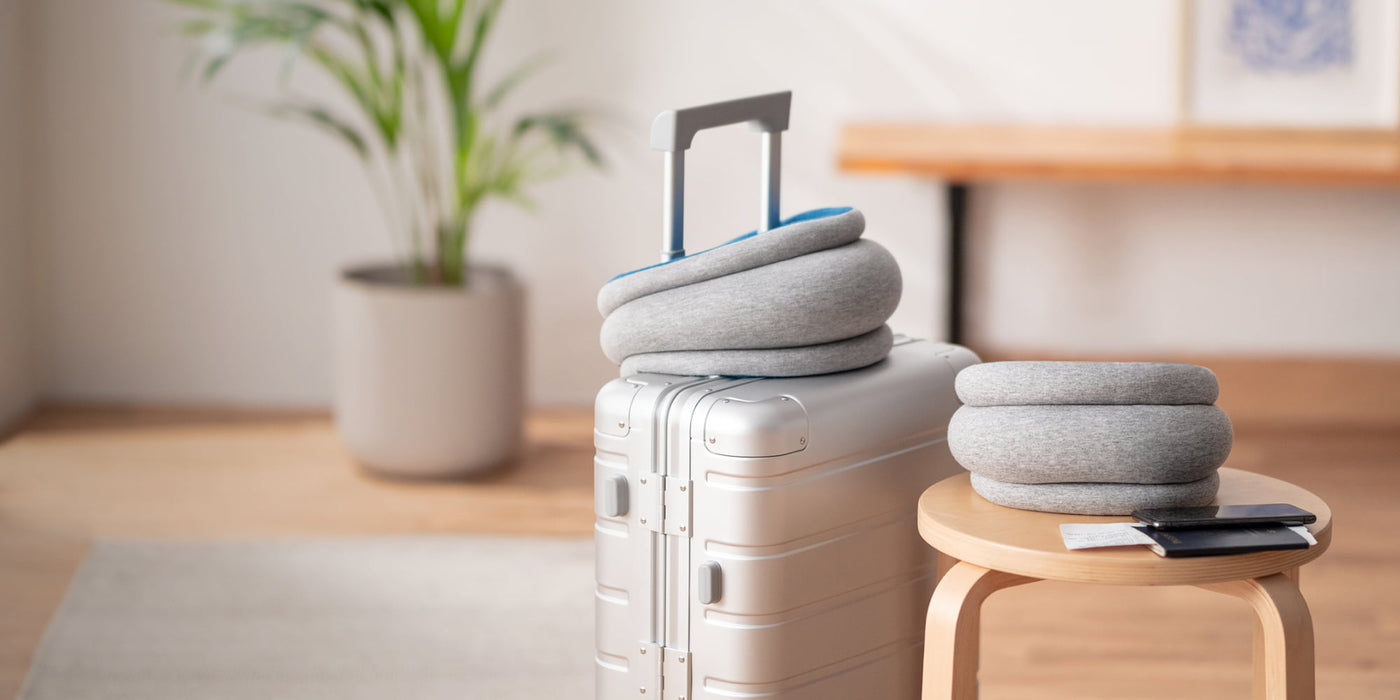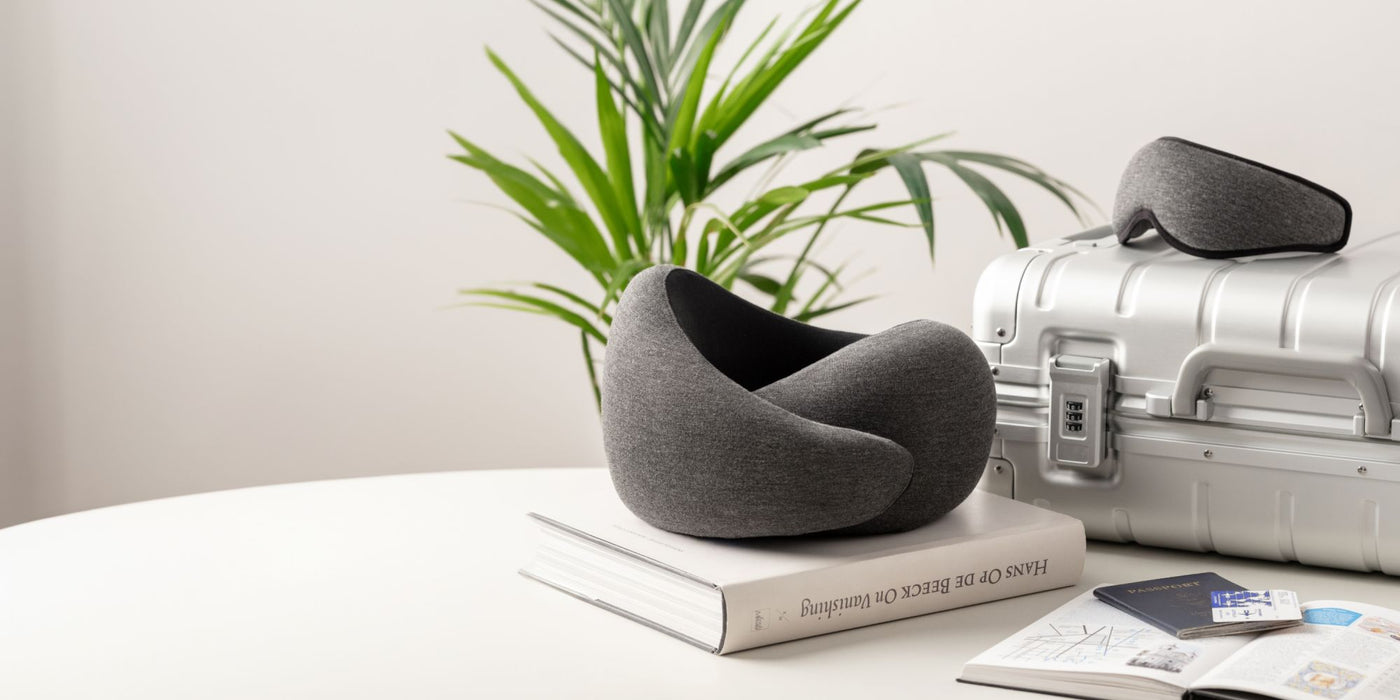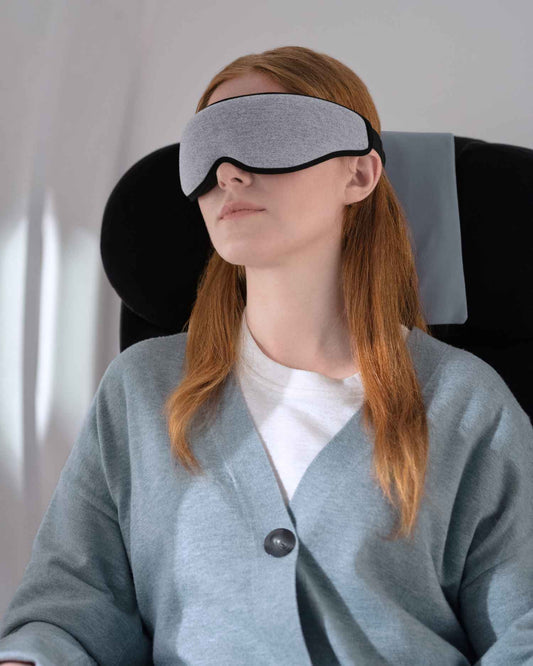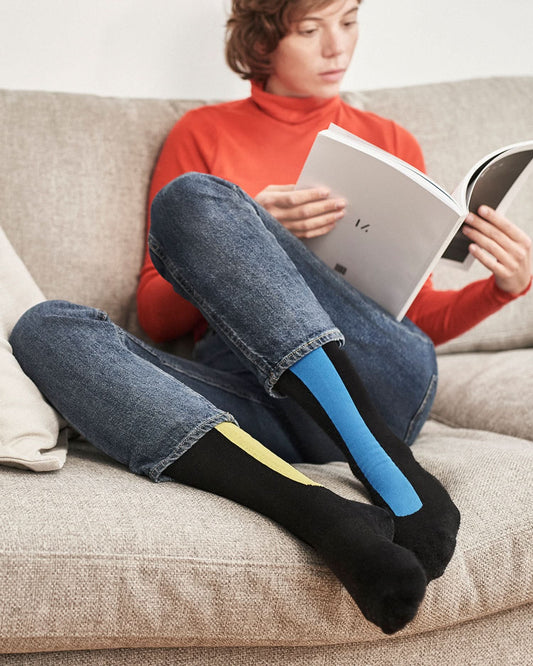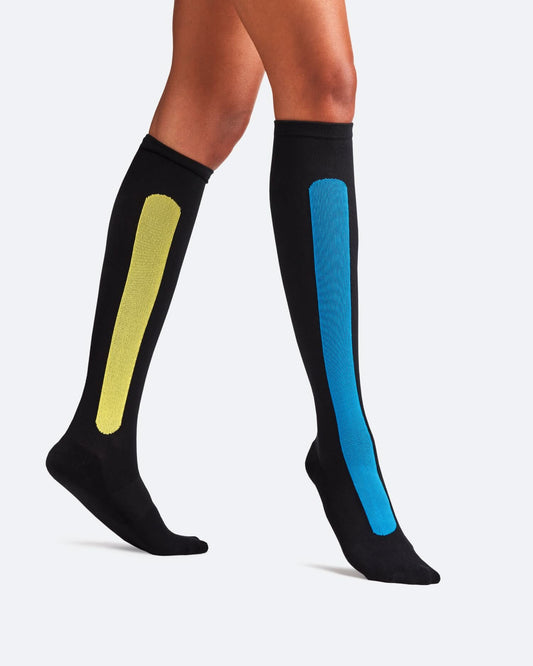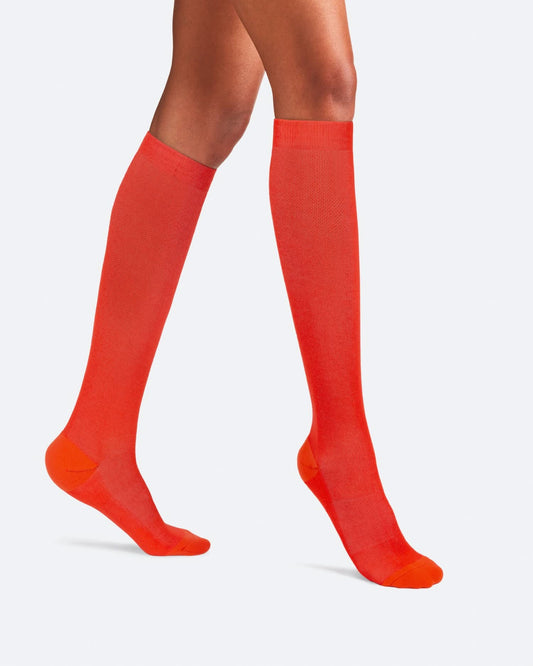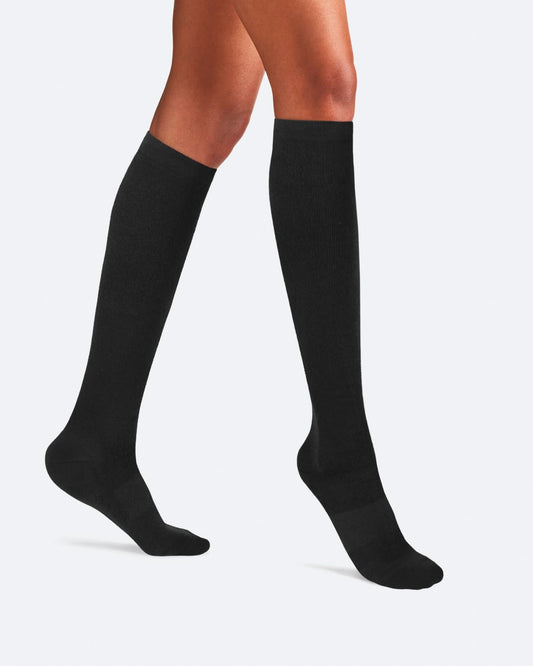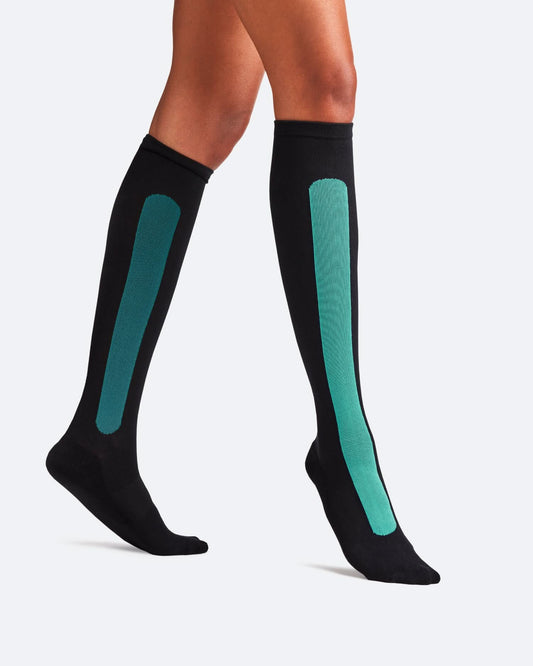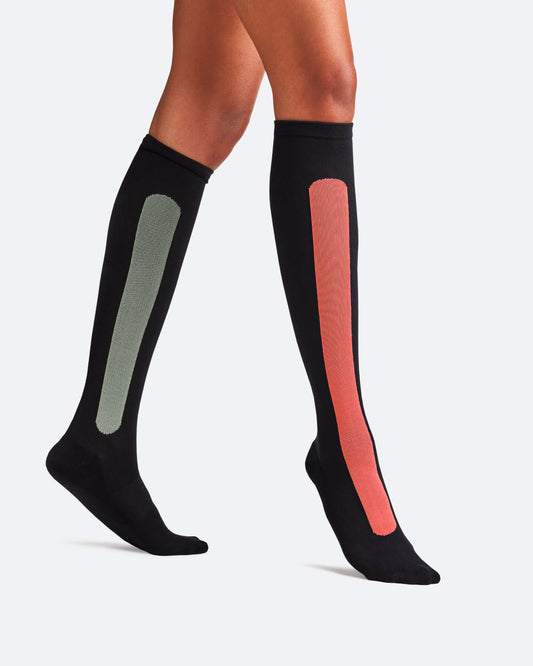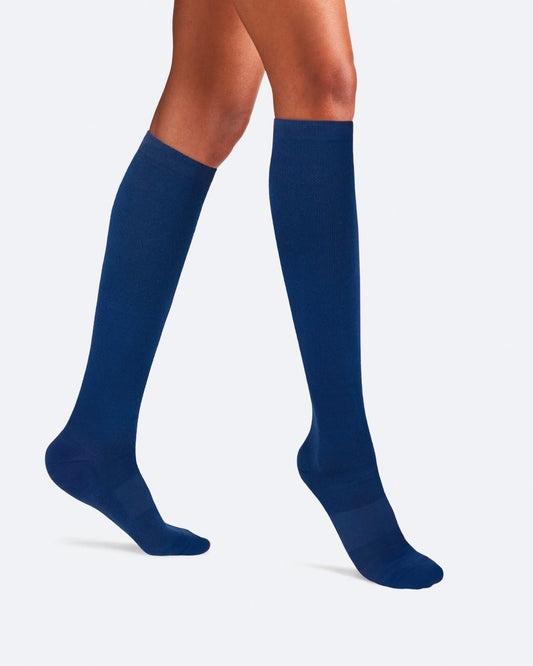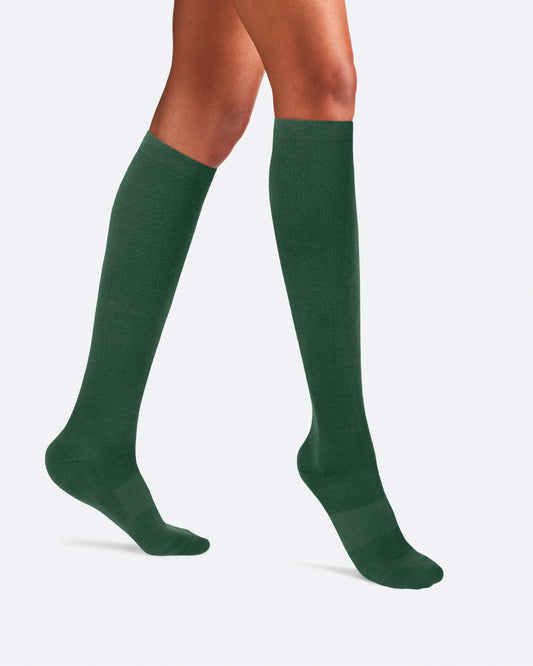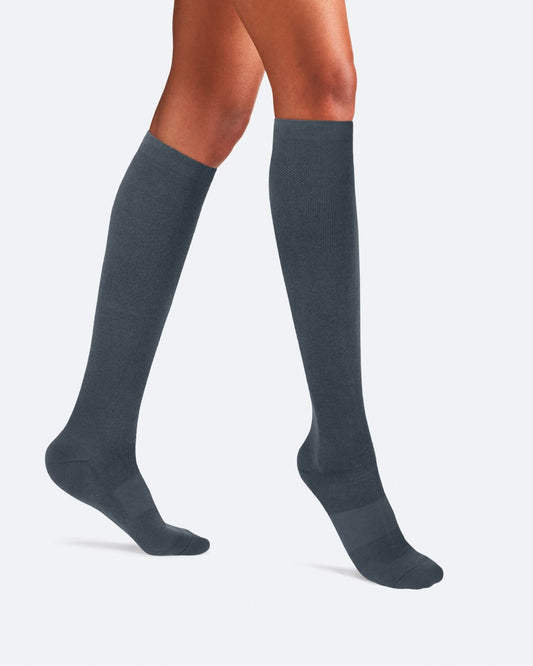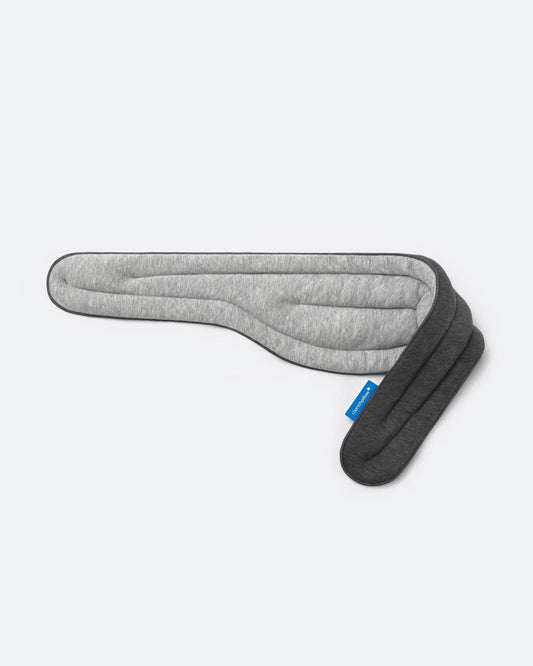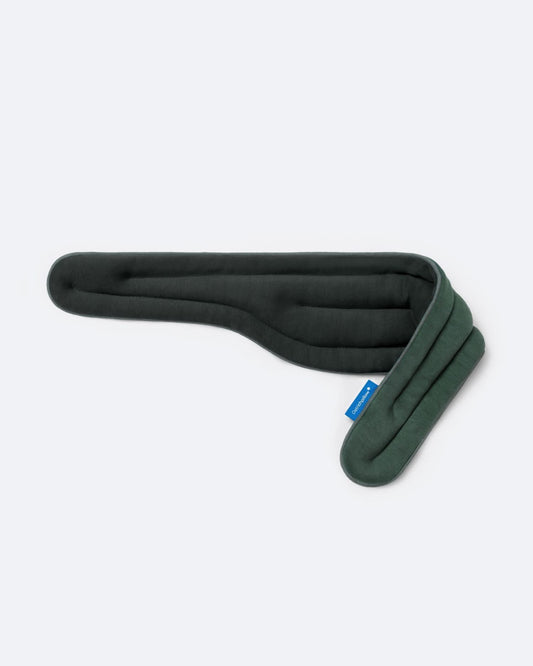Integrative Health Coach and Founder of Food for Mood, Natalie Pierzchalski recounts her journey into the field of Self-Care and reflects on the influence of diet on our physical and mental health.
1. What does Self-Care mean to you?
Self-care looks like taking care of your whole self: body, mind and spirit. Self care looks like nourishment, drawing inner connections, deep rooted self awareness and self attentiveness.
2. Where were you (physically or emotionally) in your life when you realized Self-Care could be helpful for you?
I was struggling with my own mental health challenges specifically, anxiety. Self-care was the last on my list of things to focus on during this time. As I began to realize the importance of self-care and how it could greatly support my state, I began noticing small energy shifts as well as shifts with my anxiety.
3. Do you have a particular Self-Care routine? When do you practice it?
My routine shifts and changes based on the season and what intuitively feels right for me. However, my general routine typically goes like this: I wake up and have a quiet cup of something hot. I move my body in whichever way feels right to me in the moment for an average of 40 minutes. I typically eat some form of nourishing breakfast right after movement that lately has consisted of a nutrient packed smoothie bowl. Vibrant colourful foods really get my day started off on the right foot. Generally speaking, my self-care routine consists of eating well. If I endured a stressful event, I typically like to light a candle, take a hot bath or shower and tuck myself into fresh sheets.
4. You are an expert in the relationship between mental health and food. What is the journey you took to get there?
My personal journey has propelled me to land in the professional position that I am in. It was through personal struggle that I adopted the curiosity to dive deeper into the science behind food as medicine. My curiosity led me to my here and now. The Founder of Food for Mood, a health coaching service that provides support through personal mental health transformation through complementary medicine, nutrition protocols and diet.

5. In your business, Food for Mood, you use the terms Primary and Secondary Foods. Could you explain briefly what they mean?
Stay tuned for a deep dive into what Primary and Secondary foods are but a quick summary is that Primary foods are everything we feed ourselves that is not physical food. Think about things like education, career, relationships etc. Secondary foods are all foods that we consume physically: apples and oranges.
6. Can mental health be improved by dietary change alone, or is a deeper change in how we relate to food necessary?
Through my scope of practice mental health can be improved by diet. However, food is not necessarily a quick fix to mental health illness. Every single person is bio-individual in that they require targeted, specific assessment to determine the best ways to support them. The relationship an individual has with food is very undermined and does need to be given more attention!
7. What other daily habits (besides food) can we start changing right now to improve our overall health?
~Mindfulness
~Finding ways to connect with those who elevate us
~Self-awareness
~Self-care
~Growing softer and giving grace
~End of day reflection questions
~Moving your body in whatever way is accessible to you
~Hydrate, hydrate, hydrate
~Work smarter, not harder
~Slowing down to speed up
8. Eating is something we often do in company. Sharing food could actually help in the wellbeing process?
Absolutely! The challenge here is sometimes we mindlessly do not realize that eating in bad, stressful company can actually do the opposite. Sharing food in a positive way through gathering, celebration, connection, community, culture can all contribute to overall health and well-being.
9. What advice would you give to other people who want to start practicing Self-Care to improve their mental health through food?
It should never be pressure filled or what you see as the perfect depiction of what the media has deemed “self care”. Self care is much simpler but does not get achieved without mindfulness. Self-care is hydrating your body throughout the day. Self-care is taking conscious breaths. Self-care is communication with those around you so you are heard and seen. Self-care is movement. Self-care is rest. Self-care is self-love.
10. Could you recommend some book/podcast that has changed the way you think of Self-Care?
Podcast: Lessons in love, Booch please, Rock your bod pod, Our false starts.
Books: Positive intelligence, The Desire Map, Untamed, The Power of Letting Go.















